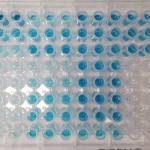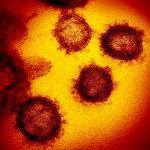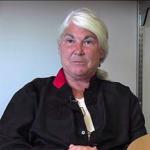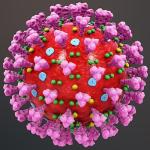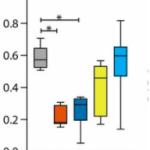When the novel coronavirus, now known as SARS-CoV-2, emerged from China, conspiracy theorists -- including a promine
COVID-19
By Norman Fenton, Queen Mary University of London;
By Benjamin Neuman, Texas A&M University-Texarkana
By Dr. Matt Grawitch, Saint Louis University
As we continue to wrestle with COVID-19, the world has become even more polarized than it was during the last election cycle.
Without a doubt, preparedness for future disasters is primary, but images of deserted streets and highways prompt another take.
Mark Twain famously said, "What gets us into trouble is not what we don't know. It's what we know for sure that just ain't so."
Press briefings, by any measure, are long and loud. And now they may get longer and louder since there is another potential antiviral drug to yell about.
COVID-19 continues to dominate my reading. While we cannot control the underlying sources and drivers of a pandemic, we can control our response. The literature, mainstream and professional, is beginning to reflect on our response.
Among the many lessons of the COVID-19 pandemic is how cumbersome one‐size‐fits‐all regulations, administered by an impersonal bureaucracy, hamper a rapid and flexible response to an evolving public health emergency. The U.S.

